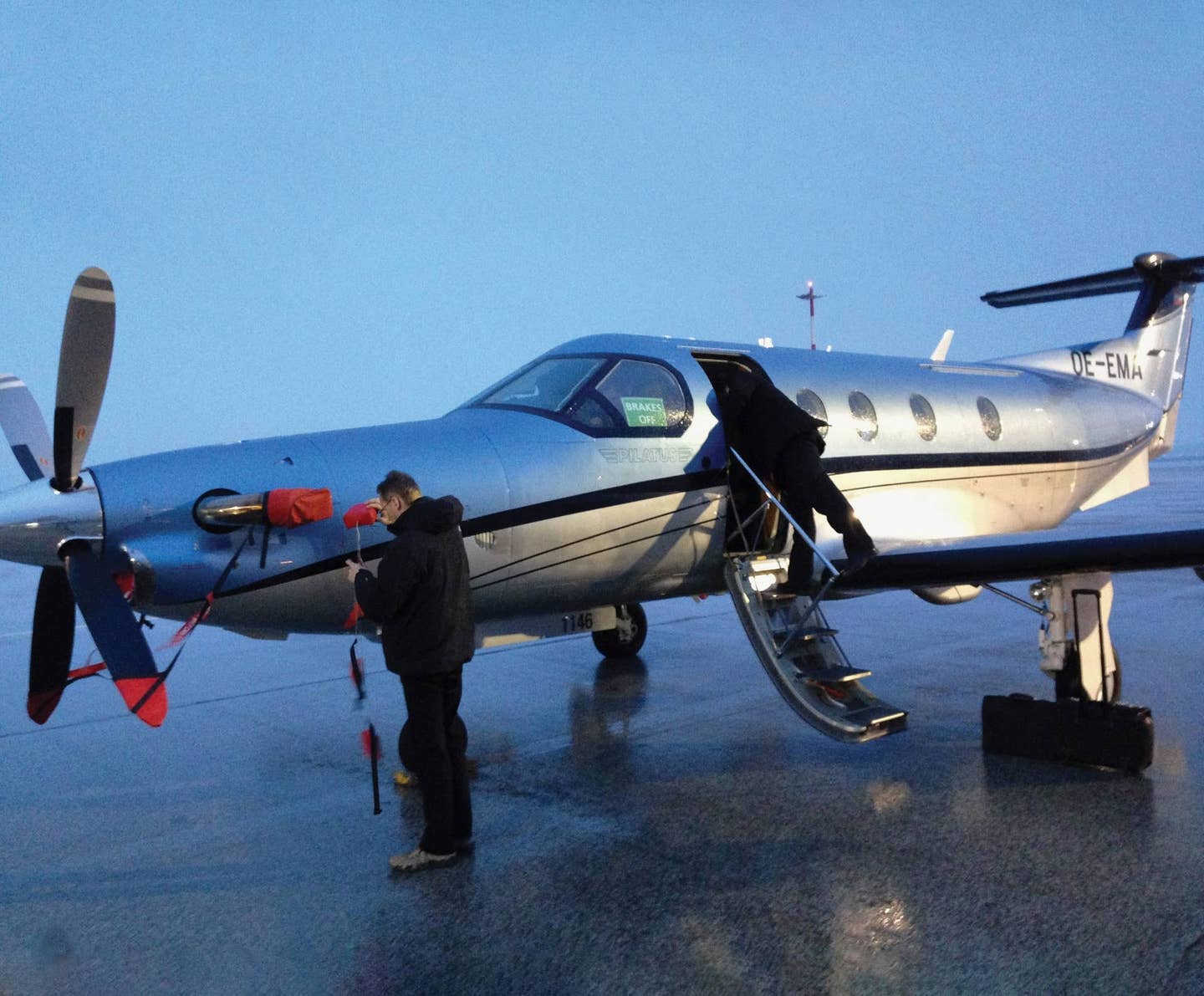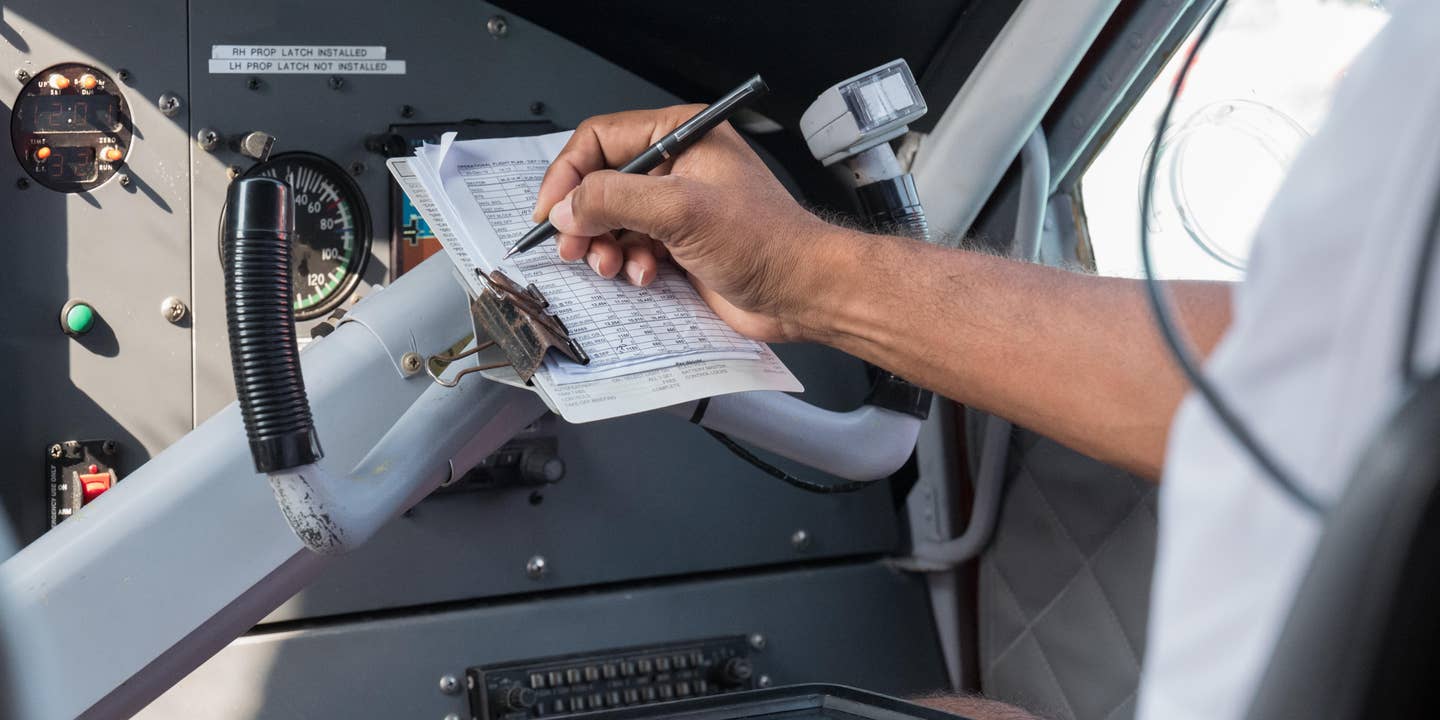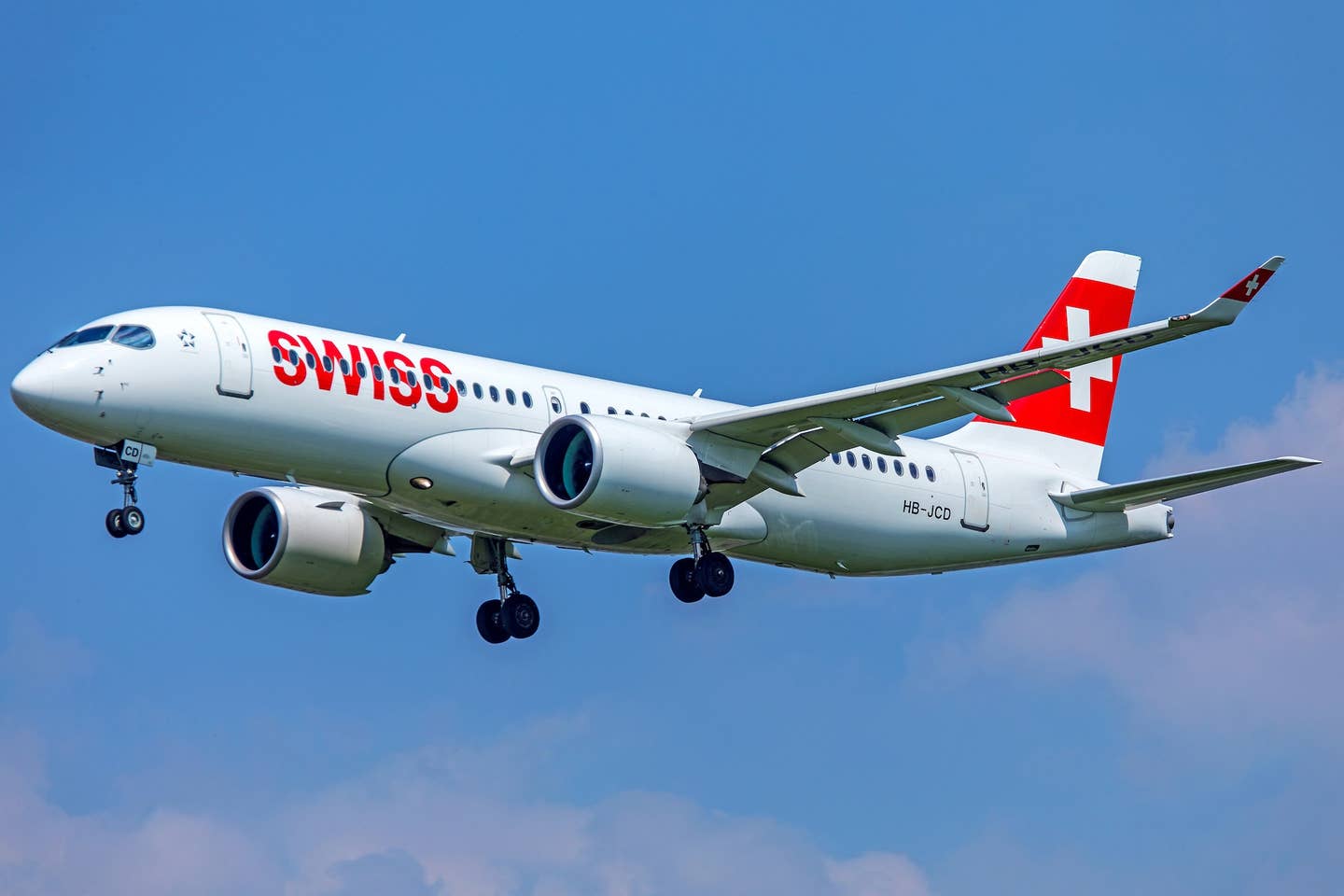
Fallout from the Feb. 12, 2009, crash of Colgan Air Flight 3407 continues. With the final report from the NTSB scheduled for Tuesday, the FAA announced last week an initiative to address what it considers prime contributors to the accident — pilot fatigue, lack of training and airline hiring practices. Flight time and duty rules are under scrutiny, with the current practice of airline pilots "commuting" from great distances as part of the conversation. When the current rules were formulated, the issue of pilots traveling several hours before starting their duty day was not nearly as prevalent. Also, minimum training standards were not as much of a concern, as most pilots entering the work force had significant experience with the military, or in other areas of flying. The FAA is considering mandating mission-specific training for airline pilots in certain areas of the country, based in part on the fact that neither of the two Colgan Air pilots had significant experience flying in icing conditions before being assigned to fly their route. They crashed in icing conditions on approach to Buffalo, New York (though the icing the pilots discussed during the flight is not considered to have been a direct factor in the loss of control). And finally, the past two decades have seen a steady deterioration of pilots' compensation, particularly at the entry level. This has led to concern over low-seniority pilots flying for regional airlines holding second jobs in their off-duty hours; and/or pilots living at home with parents and deadheading long hours to arrive at their duty departure points.

Sign-up for newsletters & special offers!
Get the latest FLYING stories & special offers delivered directly to your inbox






